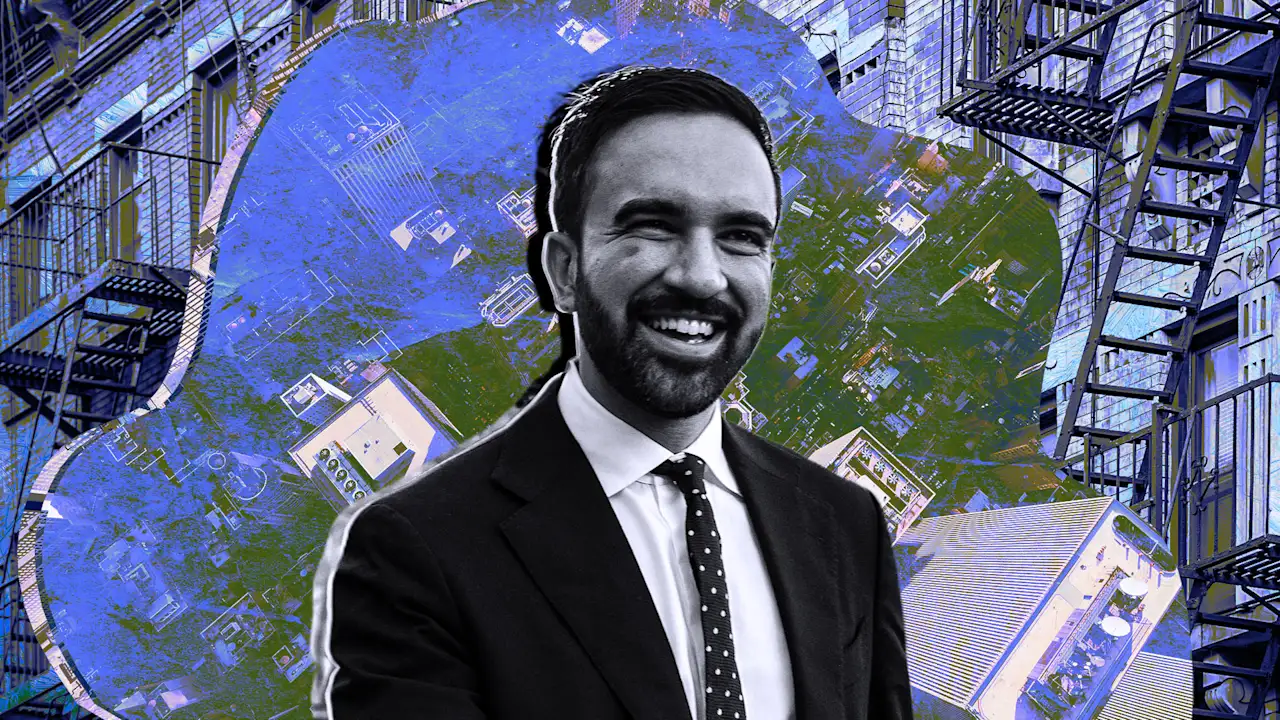How to Build a Leader – Essential Steps for Developing Leadership Skills

Building a leader requires a focused approach to developing crucial leadership skills. Start by comprehending the traits that define effective leaders, such as emotional intelligence and adaptability. Look for opportunities to lead through community initiatives or extracurricular activities. Communication and active listening play a critical role in team dynamics. By embracing feedback and nurturing a culture of continuous growth, you’ll create a strong foundation for future leaders. Next, consider how to apply these skills in various settings.
Key Takeaways

- Cultivate emotional intelligence by understanding and managing your own emotions and those of others for effective leadership.
- Engage in community initiatives and extracurricular activities to gain practical experience and build confidence in leadership roles.
- Enhance communication skills through active listening, clear messaging, and regular feedback to foster team collaboration and trust.
- Commit to continuous growth by attending workshops, networking with experienced leaders, and staying updated on management techniques.
- Foster resilience within teams by promoting a culture of learning, open communication, and adaptability to navigate challenges effectively.
Understanding the Importance of Leadership Skills

Even though you may not see yourself as a natural leader, developing leadership skills is crucial for your career advancement and overall effectiveness in the workplace. Effective leaders can influence and motivate others, regardless of technical expertise.
To improve leadership abilities, focus on in-demand leadership skills such as emotional intelligence, adaptability, and strong communication. These skills boost team success and cultivate an engaging organizational culture, which is critical for innovation.
Furthermore, it’s important to develop leadership skills in employees, as this promotes a collaborative environment that supports well-being.
Key Traits of Effective Leaders

Effective leaders possess a range of key traits that distinguish them in the workplace. These traits include emotional intelligence, adaptability, strong communication, decision-making abilities, and strategic thinking. To build a leader and develop leadership skills in employees, focus on nurturing these characteristics.
| Trait | Importance | Development Tips |
|---|---|---|
| Emotional Intelligence | Understands and manages emotions effectively | Encourage empathy and self-awareness |
| Adaptability | Navigates changing circumstances | Promote flexibility and open-mindedness |
| Communication Skills | Engages teams and guarantees clarity | Cultivate active listening and feedback |
| Decision-Making | Enables timely, informed choices | Practice critical thinking and analysis |
Seeking Opportunities to Lead

To develop your leadership skills, actively seeking opportunities to lead is essential. Start by getting involved in extracurricular activities, such as clubs and organizations, where you can gain real-world experience.
Volunteer for leadership roles in community projects, which helps you identify and address unmet needs. In your current job, take on stretch assignments that challenge your skills and allow you to apply leadership techniques practically.
Engage with mentors or coaches who can help you recognize and pursue leadership opportunities aligned with your career goals.
Moreover, participate in networking events and professional organizations to connect with experienced leaders. This strategy will uncover potential leadership roles within your industry and broaden your comprehension of effective leadership practices.
The Role of Communication and Active Listening

Effective communication and active listening are key skills every leader should master to promote collaboration within their team.
When you communicate clearly and listen actively, you not merely convey your vision, but you additionally create an environment where team members feel valued and understood.
Importance of Active Listening
Even though many factors contribute to effective leadership, the importance of active listening can’t be overstated. When you actively listen, you cultivate comprehension and respect among your team members, which leads to better collaboration.
Research shows that leaders who practice this skill are seen as more approachable and trustworthy, boosting team morale. Active listening goes beyond just hearing words; it involves grasping the emotions and intentions behind them, which can prevent conflicts.
Effective Communication Techniques
Communication forms the backbone of effective leadership, intertwining closely with the active listening skills previously highlighted. As a leader, practice clarity and conciseness in your messages to improve comprehension. This promotes transparency, builds trust, and strengthens your organizational culture.
Utilize active listening by fully concentrating on your team’s input; this not only demonstrates respect but likewise encourages collaboration and problem-solving. Pay attention to non-verbal cues, such as body language and eye contact, as they help convey confidence and empathy.
Regular feedback mechanisms, like one-on-one check-ins and team discussions, are crucial. They allow you to gauge comprehension, address concerns, and create an open communication environment, eventually driving higher engagement and productivity within your team.
Fostering Team Collaboration
To encourage team collaboration, it’s essential to prioritize open lines of communication and practice active listening. Effective communication skills, such as clear articulation of ideas and instructions, improve productivity and teamwork.
When you actively listen, you show full attention to your team members, cultivating trust and respect. This environment encourages open dialogue, allowing diverse perspectives and innovative solutions to emerge.
Implementing feedback mechanisms within the team helps identify areas for improvement and validates contributions, reinforcing collaboration.
Furthermore, regular team-building activities focused on communication and active listening can greatly strengthen interpersonal relationships.
Embracing Feedback and Self-Reflection

Embracing feedback and engaging in self-reflection are essential practices for anyone looking to improve their leadership skills. By actively seeking input, you can identify your strengths and weaknesses, facilitating targeted skill development.
Here are some steps to contemplate:
- Implement 360-degree reviews to gain insights from various perspectives.
- Regularly ask colleagues for constructive criticism to prioritize areas for improvement.
- Assess your performance against expectations through structured self-reflection sessions.
- Document your reflections and feedback over time to recognize growth patterns.
These practices cultivate a culture of openness and continuous learning, allowing you to adjust your strategies for more effective leadership outcomes.
Nurturing Leadership Skills in Academic Settings

Nurturing leadership skills in academic settings is crucial for students who aspire to lead in their future careers. Engaging in extracurricular activities, like clubs and organizations, offers you unique chances to take on leadership roles and develop key skills.
Collaborating with peers improves teamwork and leadership abilities through shared experiences and problem-solving. Participating in mentorship programs allows you to learn from experienced leaders, gaining valuable insights into effective leadership traits.
Setting personal goals and tracking your progress in leadership development creates a well-rounded skill set. Finally, seeking feedback from mentors and peers encourages self-reflection, helping you identify strengths and areas for improvement in your leadership capabilities.
Embrace these opportunities to grow into the leader you aspire to be.
Gaining Experience as an Employee

Gaining experience as an employee is essential for developing your leadership skills, especially in a professional environment.
To build your capabilities, consider these strategies:
- Actively seek out leadership roles, like project lead or team coordinator, to gain hands-on experience.
- Engage in cross-departmental collaborations, enhancing teamwork and learning from diverse perspectives.
- Participate in mentorship programs, receiving guidance from experienced leaders for valuable insights into effective practices.
- Volunteer for challenging assignments or stretch projects that push you beyond your comfort zone.
Practical Application of Leadership Skills

How can you effectively apply your leadership skills in real-world situations? Start by engaging in leadership roles within workplace projects or community initiatives, as this provides practical experience that improves your skills.
Actively seek opportunities, even without formal authority, to build your confidence and adaptability in diverse settings. Focus on applying crucial skills like effective communication and delegation, which can improve team dynamics and productivity considerably.
If you’re a student, participating in extracurricular activities and clubs can offer unique chances to lead, nurturing teamwork and conflict resolution abilities.
Finally, regularly reflect on your leadership experiences and seek feedback from peers and mentors. This helps you refine your skills and prepares you for future challenges in leadership roles.
Continuous Growth and Future Development

Effective leadership doesn’t stop at acquiring skills; it requires an ongoing commitment to personal and professional development.
To guarantee you remain effective in a swiftly changing environment, consider these steps:
- Engage in ongoing education through workshops, seminars, and coaching to stay updated on management techniques.
- Track your progress by documenting achievements and challenges, helping you identify strengths and areas for improvement.
- Network with experienced leaders and mentors to gain insights and practical examples that can guide your growth.
- Foster a culture of resilience and continuous learning within your team, enhancing both your leadership skills and overall team performance.
Conclusion

In conclusion, building a leader involves a focus on key skills like emotional intelligence, adaptability, and communication. Actively seek opportunities to lead and engage in self-reflection through feedback. Nurture these skills in academic and professional settings, applying them in real-world scenarios. Embrace a mindset of continuous growth to prepare for future challenges. By following these steps, you can develop effective leadership abilities that inspire and guide others, eventually contributing to a positive and productive environment.
Image Via Envato
This article, "How to Build a Leader – Essential Steps for Developing Leadership Skills" was first published on Small Business Trends
What's Your Reaction?
 Like
0
Like
0
 Dislike
0
Dislike
0
 Love
0
Love
0
 Funny
0
Funny
0
 Angry
0
Angry
0
 Sad
0
Sad
0
 Wow
0
Wow
0





























































































